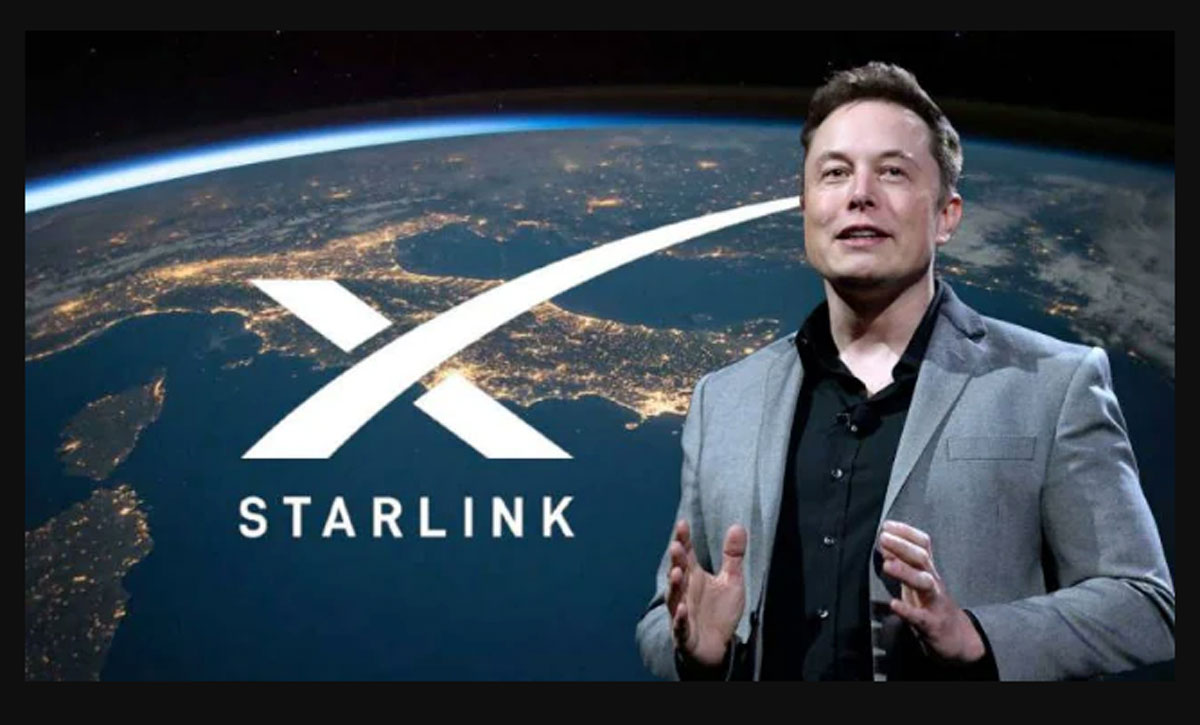OpenAI’s Path to Going Public: IPO Insights
OpenAI’s Business Model and Revenue Streams
OpenAI, the artificial intelligence research lab behind ChatGPT, DALL·E, and GPT-4, has rapidly evolved from a non-profit research organization into a commercially viable entity. The company’s business model revolves around three primary revenue streams:
- Enterprise AI Solutions – OpenAI offers API access to its AI models, allowing businesses to integrate advanced AI capabilities into their products. Companies like Microsoft, Salesforce, and others leverage OpenAI’s APIs for customer service automation, content generation, and data analysis.
- Consumer Subscriptions – ChatGPT Plus, a premium subscription service, provides users with faster response times and priority access to new features. This recurring revenue model enhances OpenAI’s financial stability.
- Partnerships & Licensing – Strategic collaborations, such as the multi-billion-dollar deal with Microsoft, provide OpenAI with significant funding while expanding its AI ecosystem.
These diversified revenue streams position OpenAI as a strong candidate for an initial public offering (IPO).
Why an OpenAI IPO Could Happen Soon
Several factors suggest that OpenAI may be preparing for an IPO in the near future:
1. Rapid Valuation Growth
OpenAI’s valuation has skyrocketed, reaching $80 billion+ in early 2024. This growth mirrors the trajectories of other tech giants like Google and Facebook before their IPOs.
2. Increasing Commercialization
The shift from a non-profit to a “capped-profit” model (OpenAI LP) indicates a focus on monetization—a prerequisite for going public.
3. Market Demand for AI Stocks
Investor enthusiasm for AI is at an all-time high, as seen with NVIDIA’s stock surge and the success of AI-driven companies like Palantir. OpenAI’s IPO would likely attract massive demand.
4. Regulatory and Competitive Pressures
As competitors (Anthropic, Google DeepMind) gain traction, OpenAI may seek an IPO to secure additional capital for R&D and market dominance.
Challenges OpenAI Must Overcome Before an IPO
Despite its strengths, OpenAI faces hurdles that could delay or complicate its IPO plans:
1. Regulatory Scrutiny
Governments worldwide are tightening AI regulations. Compliance with evolving laws (EU AI Act, U.S. AI Executive Order) could impact OpenAI’s valuation and IPO timeline.
2. Ethical and Safety Concerns
AI ethics, misinformation risks, and job displacement fears may deter some investors. OpenAI must demonstrate robust safety measures to mitigate these concerns.
3. Dependence on Microsoft
Microsoft’s $13 billion investment gives it significant influence over OpenAI. Potential conflicts of interest could arise if OpenAI seeks independence through an IPO.
4. Profitability Uncertainty
While OpenAI generates substantial revenue, its high R&D costs and infrastructure expenses (e.g., GPU clusters for AI training) may raise questions about long-term profitability.
Potential IPO Timeline and Valuation Estimates
Analysts speculate that OpenAI could go public as early as 2025 or 2026, depending on market conditions. Key considerations include:
- Pre-IPO Funding Rounds – Additional private funding could further inflate OpenAI’s valuation before an IPO.
- Market Readiness – A stable economic environment and strong investor appetite for tech stocks will be crucial.
- Competitor Moves – If rivals like Anthropic or Inflection AI go public first, OpenAI may accelerate its plans.
Estimates suggest OpenAI’s IPO valuation could exceed $100 billion, making it one of the largest tech debuts in history.
How OpenAI’s IPO Could Reshape the AI Industry
An OpenAI IPO would have far-reaching implications:
- Increased Competition – Rival AI firms may rush to go public or seek mergers to remain competitive.
- Accelerated AI Adoption – Public market funding could fuel faster AI advancements across industries.
- Greater Scrutiny – As a publicly traded company, OpenAI would face heightened transparency demands.
Investor Considerations Before Buying OpenAI Stock
Prospective investors should evaluate:
- Revenue Growth vs. Burn Rate – Is OpenAI scaling sustainably, or is it burning cash too quickly?
- Regulatory Risks – How will future AI laws impact OpenAI’s business model?
- Technological Moats – Can OpenAI maintain its lead against open-source AI models (e.g., Meta’s Llama)?
Final Thoughts on OpenAI’s IPO Prospects
OpenAI’s path to an IPO is promising but not without risks. Its success will hinge on balancing innovation, profitability, and regulatory compliance. If executed well, OpenAI’s public debut could redefine the AI investment landscape.
(Word count: 1000)

